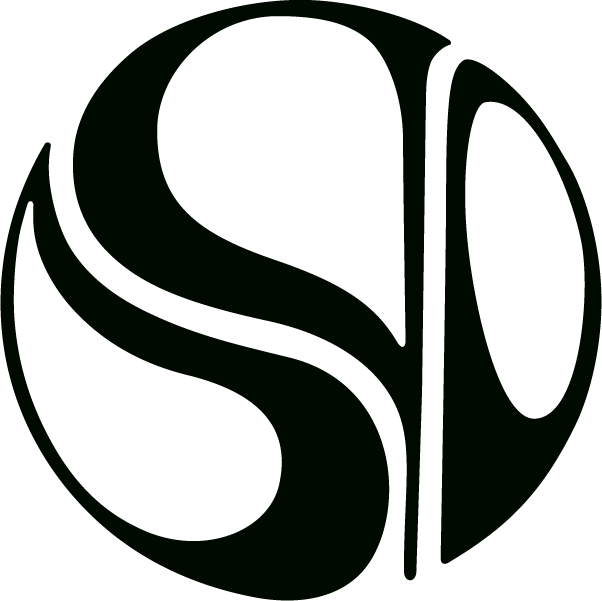Bee Pollen: About & How to Drink It
Bee pollen, the product of young honeybees, is considered one of nature's most completely nourishing foods. It contains nearly all of the nutrients required by humans to be healthy.
Though often blended in smoothies or sprinkled on salads, I recently made a concentrated liquid version by dissolving the pollen in warm water. Note that water shouldn't be hot (e.g. don't put it in your tea - that'll kill the goodness) but rather slightly warm. And, stir lots! This creates a subtilely sweet, still-raw syrup, which you can drink straight or mix into meals.
Before this recipe, I'd never really tasted bee pollen before. (Hard to do when it's dissolved into drinks.) It's delicious. Like honey, minus the sugar, with a hint of earthiness. Once I was familiar with its flavor, I started having it straight by the (small) handful. Highly recommended.
About Bee Pollen:
Bee pollen is richer in proteins than any other animal source.
Contains more amino acids than beef, eggs, or cheese of equal weight.
Half of its protein is in the form of free amino acids that are directly ready to be used by the body.
Each bee pollen pellet contains over two million flower pollen grains and one teaspoonful contains over 2.5 billion grains of flower pollen.
How to Take Bee Pollen: A spoonful, best with fruit as the fruit fibers (raw hemicellulose) reinforce the activity of the pollen.
Bee Pollen Benefits*:
Energy: Carbohydrates, protein and B vitamins enhance stamina and fight fatigue.
Skin: Bee pollen is often used topically to treat inflammation and irritations like psoriasis or eczema. The amino acids and vitamins protect skin and aid the regeneration of cells.
Respiratory System: Bee pollen contains antioxidants that may have an anti-inflammatory effect on the tissues of the lungs.
Allergies: Bee pollen reduces histamine, thereby alleviating everything from asthma to allergies and a wide range of respiratory diseases.
Digestion: In addition to vitamins, minerals and protein, bee pollen contains enzymes that aid in digestion.
Immune System: Pollen is good for intestinal flora and supports the immune system. It also contains antibiotic-like elements and antioxidants.
Addictions: Inhibits cravings by suppressing impulses.
Cardiovascular System: Bee pollen contains large amounts of Rutin, an antioxidant bioflavonoid that helps strengthen capillaries, blood vessels, assists with circulatory problems and corrects cholesterol levels.
Prostate: Bee pollen can help reduce inflammation to stop frequent urges to urinate.
Infertility: Bee pollen stimulates and restores ovarian function, so may be used to assist in accelerating pregnancy. As well as being a hormonal booster it's also a great aphrodisiac.
*Benefits source: FoodMatters




